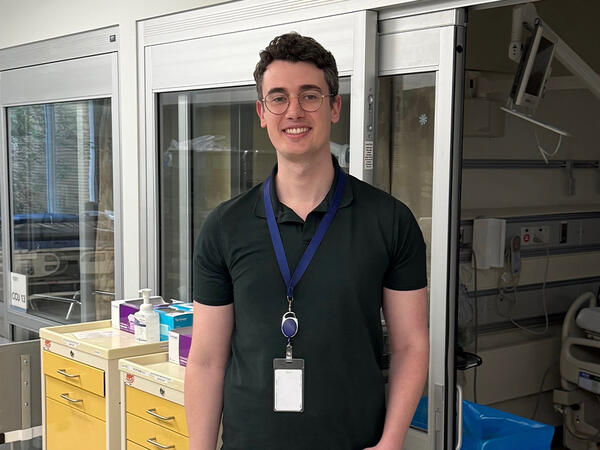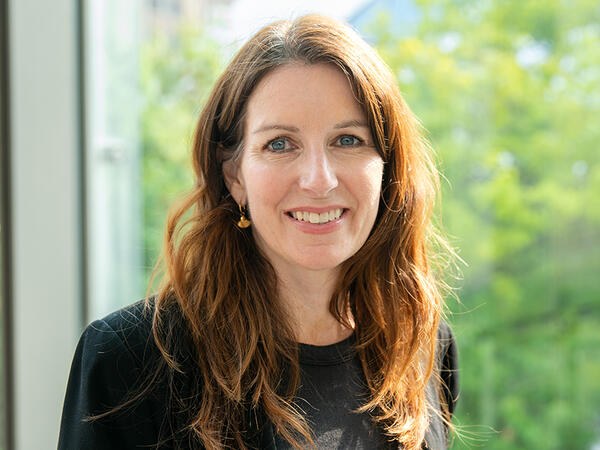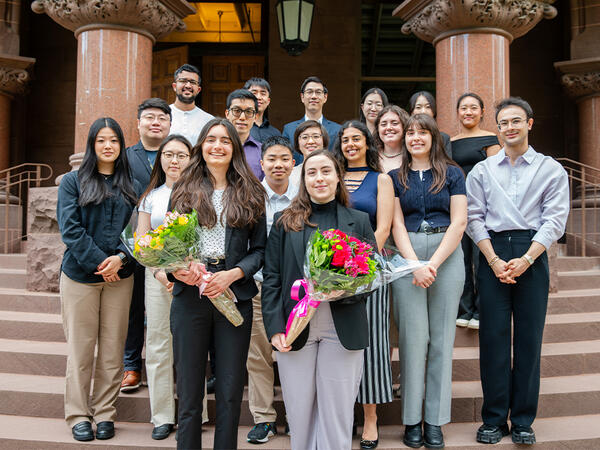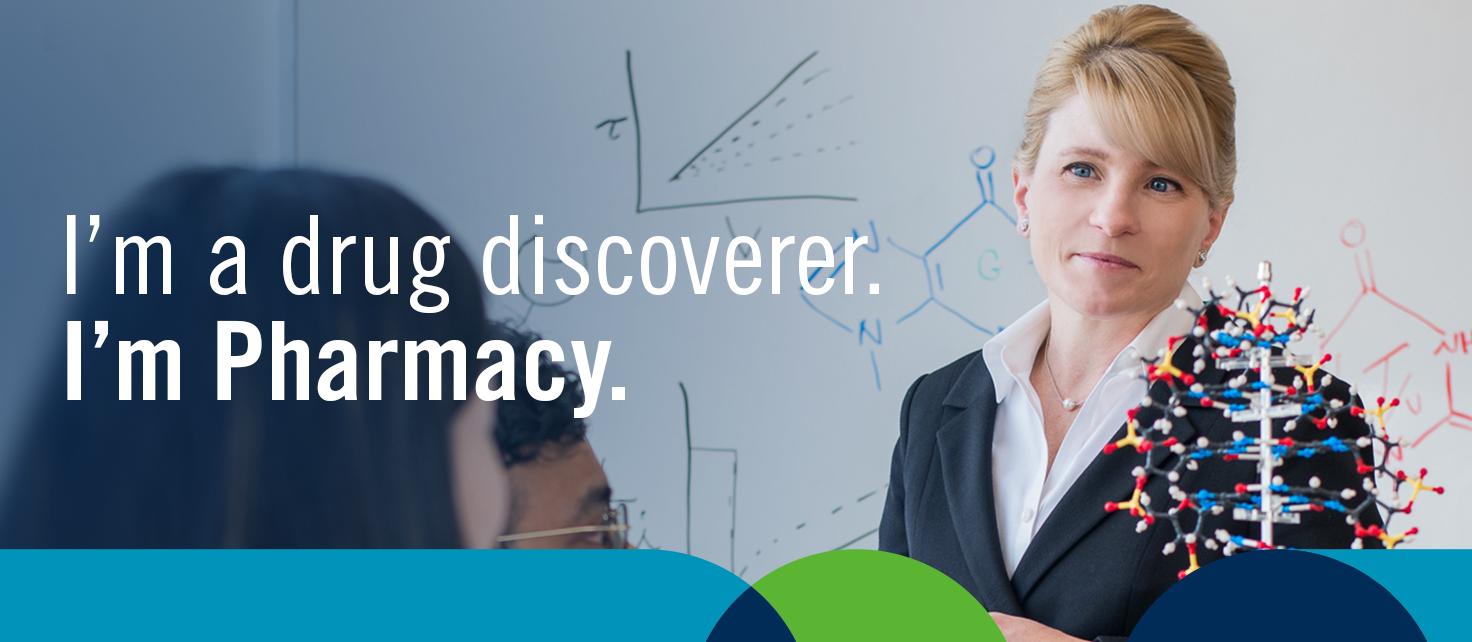Our understanding of how major diseases like cancer work at the biological level has advanced by leaps and bounds over the last decade. Now the challenge is to take that understanding and apply it to discovering and developing new drugs and therapies for patients, says Shana Kelley university professor and scientist at the University of Toronto’s Leslie Dan Faculty of Pharmacy.
Kelley, whose multidisciplinary research team specializes in developing new devices and technologies for drug discovery and disease diagnostics, is currently working on a coupling a microfluidic cell sorting device designed by her team with CRISPR-based gene editing technology. Called MICS, the combination will allow researchers to scour the human genome faster when searching for potential new drug targets.
“Our initial work was focused on cancer and trying to identify proteins that cells will display in order to evade the immune system and the body’s natural defences,” said Kelley explaining that tricking the immune system is one reason why cancers can spread so quickly. “Using CRISPR and microfluidics we were able to identify new ways to have cells turn off the ability to evade the immune system.”
The ability to connect and collaborate with U of T scientists who are experts in CRISPR was a fundamental turning point that made the combination of these two approaches possible, said Kelley. “The Leslie Dan Faculty of Pharmacy is a really special place to do research. We have people with all kinds of different scientific backgrounds working in the same building with shared interests around the development of new therapeutics,” said Kelley. “Coming together in multidisciplinary teams allows us to do research that no one else can do.”
Gloria Hu, a PhD student in Pharmaceutical Sciences who is working on the MICS project chose to pursue her graduate work in the Kelley lab because of the potential the multidisciplinary environment offered. “I feel like I can achieve my potential here because I can do so many different things,” said Hu. “My interests stretch beyond academic achievement and it’s very important to me that I can contribute to improving human health through this work.”
Spinning drug discovery technologies out of the lab
The scope and speed of the MICS technology opens the door to identifying many more targets for new drugs in various disease states. In one hour, MICS can collect precious rare cells, in which CRISPR has revealed promising drug targets, from a large and mixed cell population. The team is currently exploring opportunities to build a company around the new approach. “For the MICS drug discovery technology we are working with a variety of groups in Toronto that are helping us think about what the right model is for us to get this out there,” said Kelley who has launched three research-based startups since 2002.
“The Leslie Dan Faculty of Pharmacy is a really special place to do research. We have people with all kinds of different scientific backgrounds working in the same building with shared interests around the development of new therapeutics."
The entrepreneurial ecosystem in Toronto provides an exciting opportunity for students who not only want to do research in the lab but also see it take the next steps and students in the Kelley lab are involved throughout the commercialization process. “Being trained in the basic sciences really gives you the tool box that allows you to go out and invent new and very powerful technologies,” said Kelley. “But scaling up so that these discoveries can make an impact for patients often means partnering with funders and investors outside the university.”
Targeting research to help solve unmet patient needs
Kelley also works closely with clinicians who care for patients and this helps focus the team’s research efforts towards unmet patient needs. “I studied chemistry as a graduate student and I eventually worked on a project that connected fundamental aspects of chemistry with new ways to diagnose disease. I was really struck at how much of an impact scientists can have on providing new tools for clinicians that enable them to give better treatments for their patients,” said Kelley.
This early experience has shaped Kelley’s approach to research and drug discovery and her team collaborates regularly with clinicians. “They tell us what types of disease they don’t have any solutions for and this really inspires me to have the group focus on delivering new solutions,” she said. “If we keep working away at the discovery of new targets and at the discovery of new drugs then eventually every disease has a solution, every patient has a solution.”
Interested in drug discovery?
Learn more about our graduate programs in Pharmaceutical Sciences
Advance ground-breaking cancer research at the Faculty.
Donate to the Centre for Pharmaceutical Oncology.
More from the "I'm Pharmacy" series
Image

Pharmacy alum’s research shows how full-scope practice improves cancer care
Honoured with a national award, Adrian de Boer says his residency experience was a powerful reminder that he's making a meaningful change to the pharmacy profession.
Read More
Image

Pharmacy alum passionate about helping community pharmacists practice to full scope
As a pharmacy leader at Rexall, Heidi Wittke uses frontline experience to lead initiatives that improve patient care
Read More
Image

Bridging Research and Industry: GRIP 2025 highlights innovation and real-world impact
Over 200 attendees from academia, healthcare, and industry gathered last week for the 2025 GRIP symposium, celebrating the depth and diversity of graduate student research.
Read More
